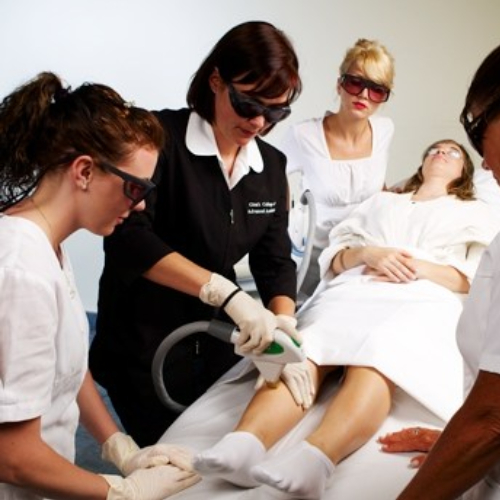Selecting the appropriate laser hair removal certification course is a crucial decision for aspiring professionals entering the field of aesthetics. With the rising demand for non-invasive cosmetic procedures, such as laser hair removal, the importance of inclusive training cannot be overstated. However, the abundance of available options can make this decision daunting. By considering key factors and steering through the selection process systematically, individuals can ensure they enroll in a course that meets their educational needs and sets them up for success in their careers.
Understanding accreditation:
One of the fundamental aspects to evaluate when choosing laser hair removal certification course is accreditation. Accreditation ensures that the course meets established standards of quality and rigor. Look for accreditation from reputable organizations or governing bodies within the aesthetics industry. Accredited courses typically adhere to industry best practices, providing students with credible and recognized credentials upon completion.
Curriculum and course content:
Evaluate the curriculum and course content offered by different certification programs. An inclusive curriculum should cover essential topics such as skin anatomy, laser physics, safety protocols, and practical hands-on training. Additionally, courses that incorporate the latest advancements in laser technology and hair removal techniques can provide students with a competitive edge in the field.
Instructor qualifications and background:
The expertise and experience of instructors play a crucial role in the effectiveness of a certification course. Research the qualifications and background of the instructors involved in delivering the curriculum. Experienced instructors with a background in aesthetics and laser technology can offer valuable insights, guidance, and practical tips to students, enhancing the learning experience.
Hands-on training opportunities:
Practical hands-on training is indispensable for mastering the skills required for laser hair removal procedures. Ensure that the certification course includes ample opportunities for hands-on training under the supervision of qualified instructors. Practical sessions allow students to apply theoretical knowledge in real-world scenarios, honing their techniques and building confidence in their abilities.
Student support and resources:
Consider the level of support and resources provided to students throughout the certification course. From access to study materials and resources to ongoing support from instructors, a robust support system can significantly enhance the learning experience. Look for courses that offer complete support mechanisms to assist students in their journey towards certification.



